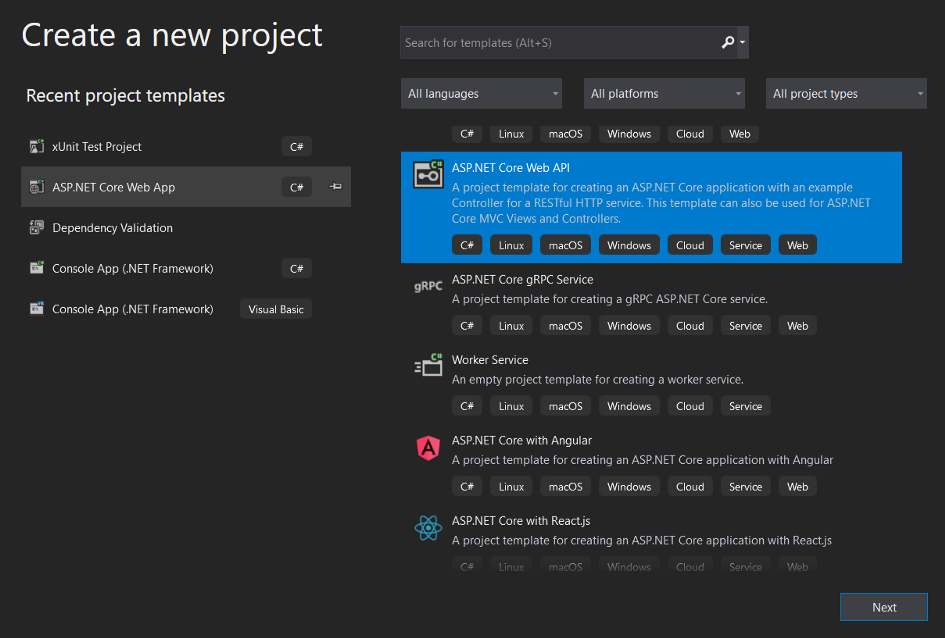What is Talent Intelligence? Strategy and Benefits
- The Tech Platform

- Oct 21, 2021
- 3 min read

Talent Intelligence is the process of being able to gather intelligence about the talent pool in one’s own market. It includes discovering data that can be used to analyze the market’s trends and what strategies work best for the company. This study does not only require you to research your own company’s best measures of talent but also of your competitors’. Talent Intelligence will provide you with a better understanding of the available talent in the market and help you make informed decisions regarding the same.
Here are some types of information that would be considered talent intelligence:
What roles are currently open at your competitors, and what level of education and experience are your competitors recruiting for in their open roles?
What types of benefits would satisfy potential employees in this industry?
What pay range is being offered at your competitors?
What types of performance expectations are out there in the market?
What is the organizational culture at your competitors?
How long does it take others to fill vacancies?
Where do your employees work next when they resign and get another job?
Which recruiting channels are your competitors using?
What recruiting channels perform the best for each type of role in the industry? Which provide the highest number of applicants and the highest-quality applicants?
Why do people leave your organization? Why do people in this industry typically leave their roles?
Talent Intelligence Strategy:
There are 3 main steps for determining a successful talent intelligence strategy:
Step 1: Grasp an understanding of the requirements of the company.
What is your company strategy?
What are the resources and skills required to achieve your strategic goals?
Where does your company currently stand?
Step 2: Incorporate an analytical platform or framework to make sure your company receives the relevant information.
Who would have access to this data?
How do you want the data and information to be represented?
What metrics would you like to focus on?
Step 3: Ensure regular data access and reporting
How often would you like to receive talent reports?
Is everybody involved in talent intelligence keeping up with the data?
Is the data being updated on time?
Benefits:
1. A better understanding of hiring requirements
You will gain an insight into the strengths and weaknesses of your current talent pool which will help you understand which gaps to fill during hiring.
2. Internal Recruitment goes a long way
If the devised talent strategy can be fulfilled by existing employees, that’s the way to go. Internal Recruitment is one of the best ways of retaining the best talent within your organization.
3. Reduction in time-to-hire and cost-per-hire
A well-defined talent data would inform you about what exactly to look for while hiring and where to look for it. This can help you reduce a tremendous amount of time in sourcing and screening processes, thus reducing the cost of hiring.
4. Don’t let turnover rates go too high
Replacing employees can have a huge impact on your company’s expenditure. Hence, use talent data to understand where it’s going wrong, how to improve on it, and how to motivate your employees and make the best use of their talent.
5. Encourage Diversity, Equality, and Inclusion in your workplace
Talent Intelligence data would make you discover the unknown biases and inequity in payroll or promotion going on around the company. Make sure to use the talent data efficiently to correct these instances of injustice and make necessary changes in the company policies.
How to Gather Talent Intelligence
Although these data are useful, they can be difficult to gather. Here are a few places to gather intelligence on the talent market:
Market research studies by third parties
Exit interviews from departing employees
Current candidates
Current employees
Industry forums
Competitor social media sites
Salary aggregate sites
Utilization of artificial intelligence (AI) to gather data via third-party software
Existing HR/customer relationship management (CRM) software, other recruiting software, or applicant tracking systems
Website analytics (to assess where people go on your website when looking for jobs)
The Tech Platform




Comments